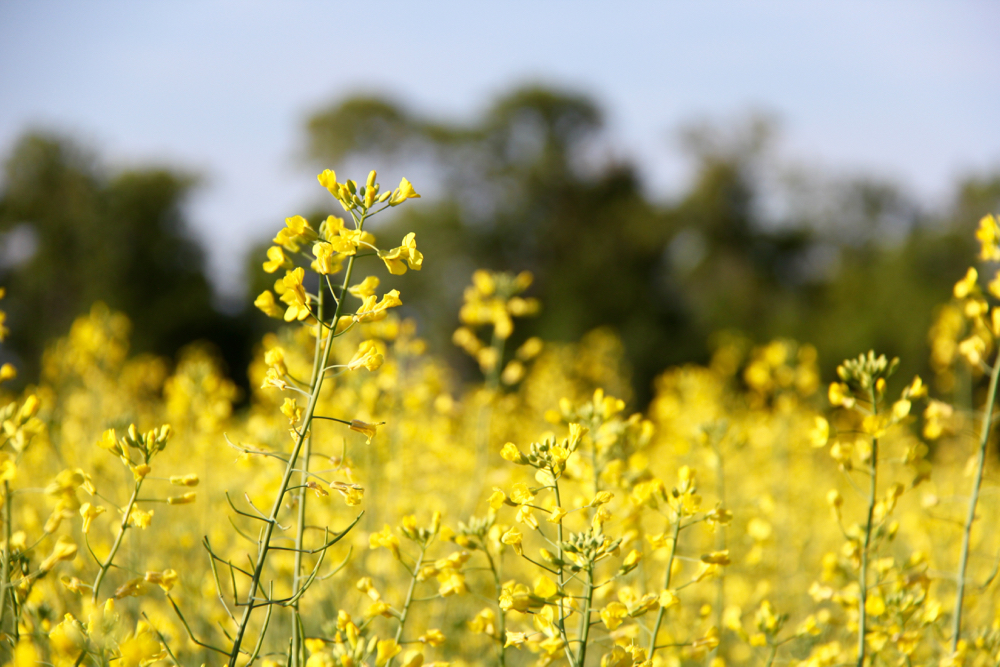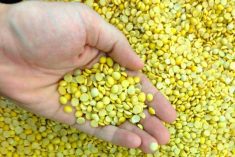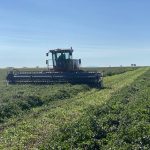After two years of large oats production in Western Canada, a smaller 2009-10 crop and a less-than-ideal start to the growing year could see burdensome stocks finally begin to decline.
Statistics Canada’s seeded acreage report released Tuesday said 3.879 million acres of oats had been planted in Western Canada as of June 3. That’s down from its March 31 estimate of 3.955 million and last year’s amount of 4.345 million.
There may be some revision required due to late seeding, but generally Tuesday’s figure seems reasonable, said Terry Tyson of oat milling and packaging company Popowich Milling at Yorkton, Sask.
Read Also

ICE canola weekly outlook: Market rangebound
ICE canola futures saw some wide price swings during the week ended Nov. 5, although the market remains stuck in a sideways range overall.
“This will definitely start to swing the pendulum the other way. We’ve had a couple of crop cycles with big supplies and this moves things back towards normal, if not tight-ish, levels,” he said.
Of course, with roughly 200,000 to 300,000 tons of commercial supplies still laying around and more oats being stored on farms, it will take a while, possibly until February, March or even April next year, before supplies are worked down, Tyson said.
In terms of the impact on prices, the manager said the numbers suggests oat values may have hit their downside.
He noted, though, that the oat cash market in Western Canada has taken its cues from the U.S. oat and corn futures markets and expects that to continue, although price shifts will be mitigated slightly by the shifts of the Canadian currency.
“If all things remain equal, and there isn’t a big wreck in U.S. corn or anything else that would get the whole complex surging, it could be spring before we start feeling like there are tight supplies,” Tyson said.
As of June 23, old-crop oat prices (delivered to elevator) in Western Canada ranged from a low of $1.77 a bushel in Saskatchewan to a high of $2.62 a bushel in Alberta, according to prices collected by Prairie Ag Hotwire.
New-crop prices ranged from a low of $1.83 in Saskatchewan to a high of $2.52 in Manitoba.















